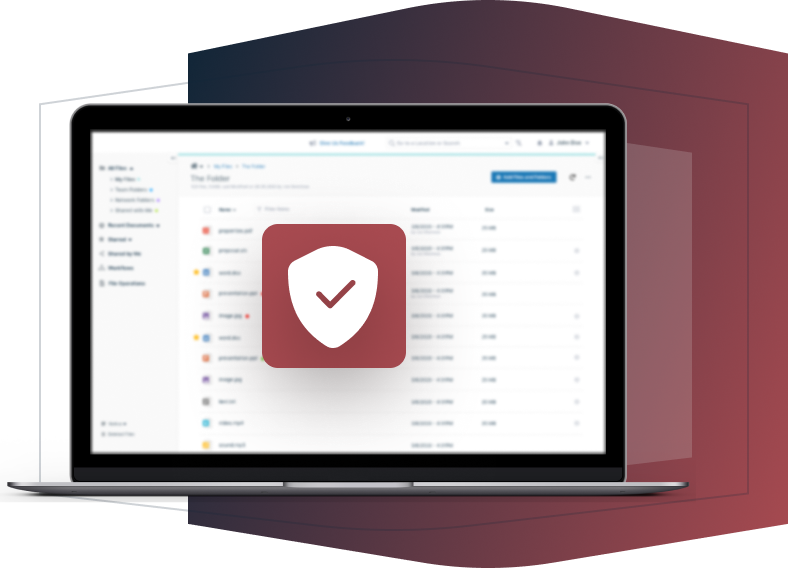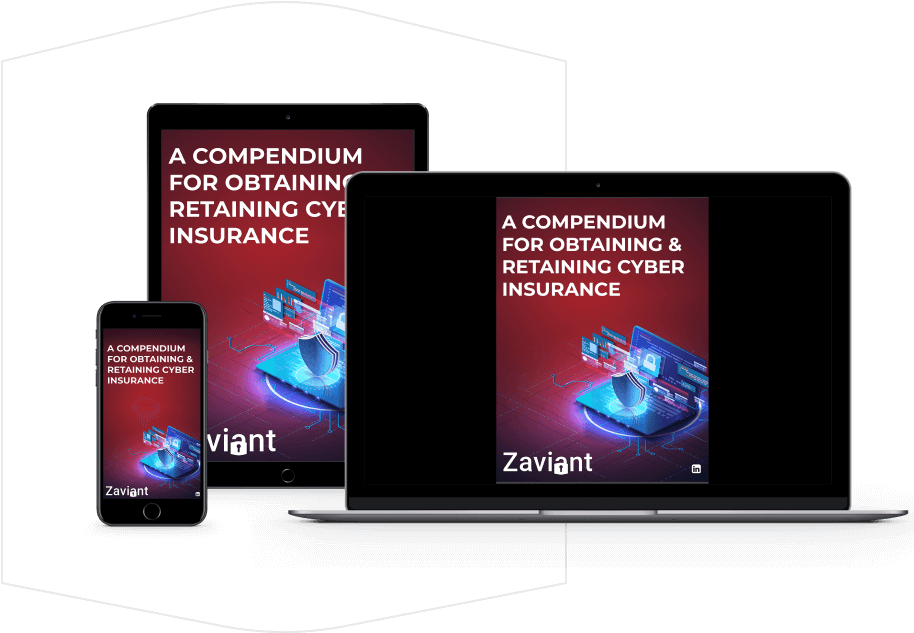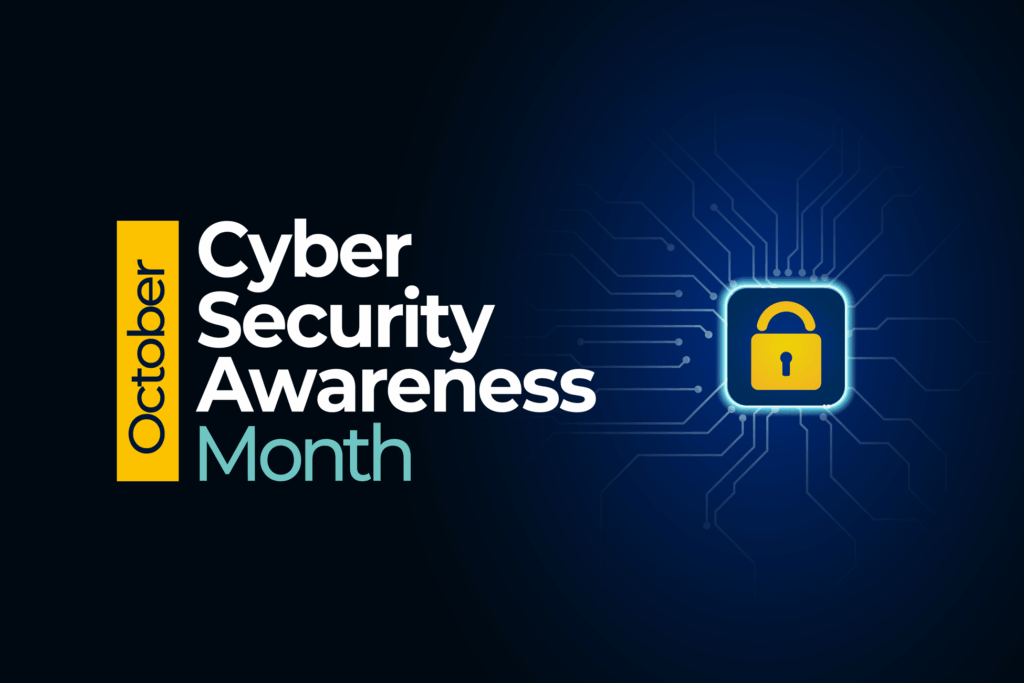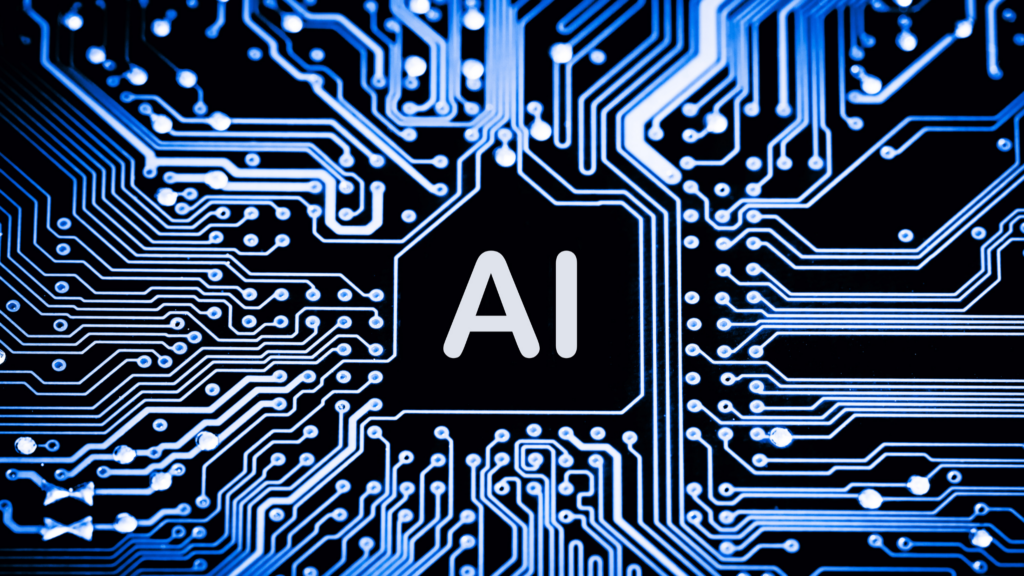Artificial intelligence (AI) has rapidly advanced over the last decade to a point where it can now outperform humans at tasks such as reading comprehension and image recognition.
HIPAA Compliance
As healthcare organizations increasingly adopt new digital technologies, adhering to the Health Insurance Portability and Accountability Act (HIPAA) is more important than ever. With over 50 administrative, technical, and physical control requirements, however, HIPAA compliance can be a daunting process even for the most sophisticated organizations.
Zaviant specializes in helping healthcare providers, insurers, and other healthcare-tangential organizations meet all HIPAA compliance requirements, ensuring the confidentiality, integrity, and availability of patient data.
HIPAA Expertise
HIPAA Gap Assessments
HIPAA Risk Assessments
HIPAA Penetration Testing
HIPAA Vulnerability Assessments
Trusted by Leaders of Industry
Our team of expert consultants works closely with Fortune 500 companies, mid-market businesses, and not-for-profit organizations spanning industries including retail, manufacturing, finance, technology, and more.
What is HIPAA?
HIPAA, or the Health Insurance Portability and Accountability Act, was enacted by the US Congress in 1996. It was designed to ensure the portability and continuity of health insurance coverage for individuals, safeguard the privacy and security of protected health information (PHI), and establish standards for electronic health transactions. HIPAA, which consists of several rules including the Privacy Rule, Security Rule, Enforcement Rule, and Breach Notification Rule, stipulates how healthcare organizations must handle patient data. Compliance is mandatory for any organizations that have access to PHI.

Why Is HIPAA Compliance Important?
First and foremost, HIPAA compliance safeguards the privacy and security of patients’ sensitive health information (known as protected health information or PHI), preserving their rights to privacy and confidentiality. Furthermore, the high value of data managed by healthcare organizations and their partners makes them attractive targets for cyber attacks. Therefore, taking a proactive approach to HIPAA compliance is necessary to protect organizations handling PHI from catastrophic data breaches.
Finally, HIPAA noncompliance can be extremely costly, both monetarily and otherwise. Failing to comply with HIPAA may result in fines, criminal charges, civil lawsuits, corrective action plans, potential loss of eligibility for government healthcare programs, and more.
Protect Patient Information
Health information is among the most sensitive data an organization can manage. HIPAA compliance ensures this information is secure.
Prevent Data Breaches
Healthcare organizations are prime targets for cyber attacks. HIPAA compliance ensures your organization is adequately protected from data breaches.
Avoid Serious Penalties
HIPAA compliance is taken extremely seriously. Failing to meet requirements can result in a range of penalties and fines.

A Compendium for Obtaining & Retaining Cyber Insurance
Take advantage of our free in-depth cyber insurance guide.
How Zaviant Can Help
Zaviant serves as a trusted HIPAA Compliance partner for both covered entities and business associates. We can help your organization:
Conduct a HIPAA gap analysis
Build an audit-ready patient data environment
Achieve full HIPAA compliance
Conduct network penetration testing and vulnerability assessments
Implement security controls in line with HIPAA standards
HIPAA security awareness and training

Related Services
CCPA/CPRA
Even with the introduction of many new state privacy laws over recent years, the California Consumer Privacy Act (CCPA).
ISO 27001/2
As organizations continue to navigate the complexities of an increasingly interconnected digital world,.
SOC 2
SOC 2, or System and Organization Controls 2, is a voluntary compliance standard developed by the American Institute.






